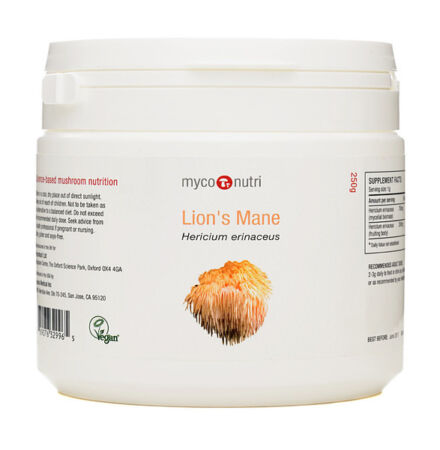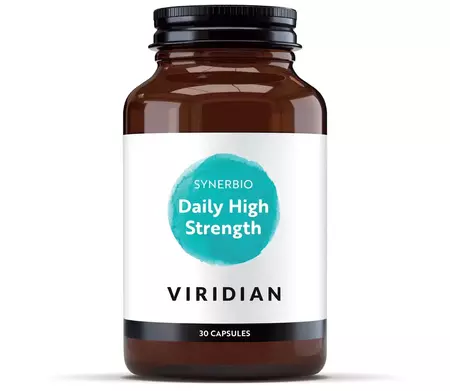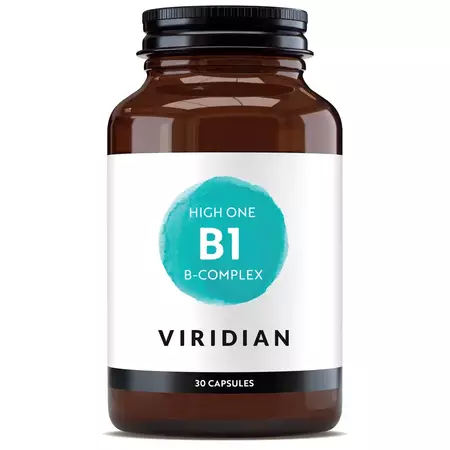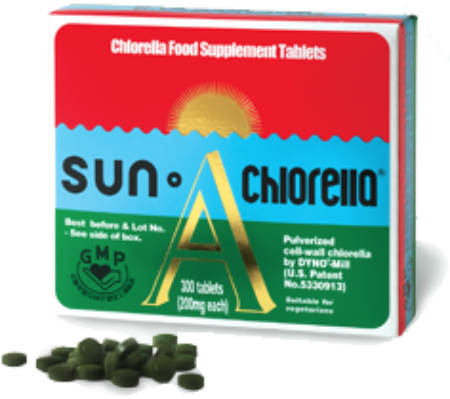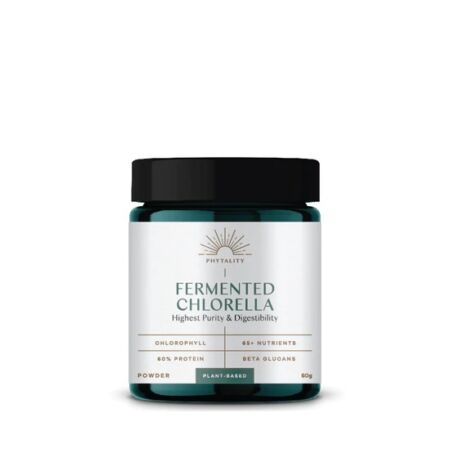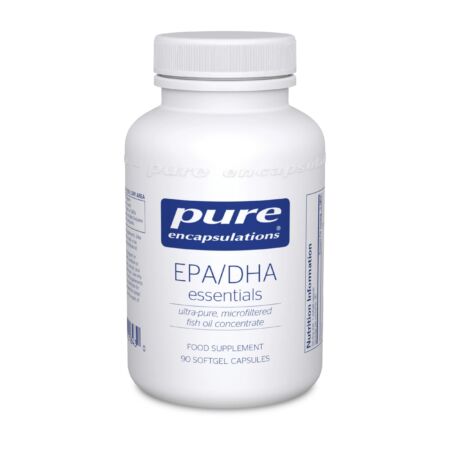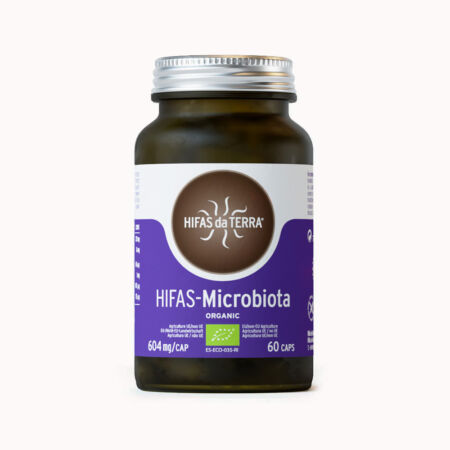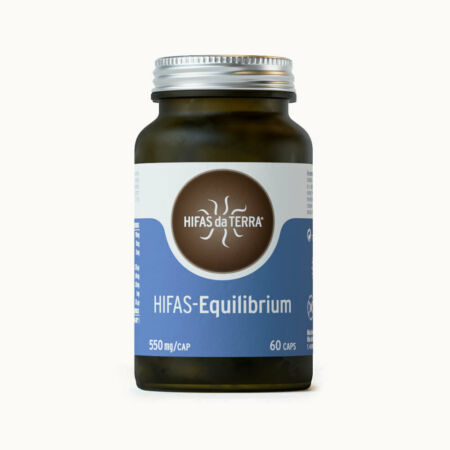Regarding MS, there is a lot of anecdotal experience of improvement in symptoms using the power of nutrition. Therefore, is the nutritional therapy protocol to address these factors.
What is multiple sclerosis?
Multiple sclerosis (MS) is a chronic neurological disorder that affects the central nervous system (CNS), which includes the brain and spinal cord. It is considered an autoimmune disease, meaning the immune system mistakenly attacks the body's own tissues.
The symptoms of multiple sclerosis can vary widely from person to person and depend on the location and extent of the damage in the CNS. Common symptoms include fatigue, difficulty walking, muscle weakness, numbness or tingling, problems with balance and coordination, blurred vision, and problems with cognition and mood.
The power of nutrition in multiple sclerosis:
Eating is more than just a necessity. It can be a social activity, and it can make you feel good.
Regarding MS, there is a lot of anecdotal experience of improvement in symptoms using the power of nutrition. It is important to remember that we are all unique and the causative factors that lead us to our current health status are different for everyone. Therefore, is the nutritional protocol to address these factors.
Contributing factors to MS:
Some of the possible causative factors of MS are listed below:
Latitude - MS is much more prevalent in temperate climates but unknown in the tropics. If you emigrate from high risk to a low-risk country before age 15, you inherit the low risk. After age 15, you carry the risk with you.
Environmental agent in childhood - The above suggests that there is some environmental element at work during the first 15 years of a child’s life.
Dairy/Western Diet - Dairy produce and a Western diet are eaten in countries where MS is most prevalent.
Viral Infection - Many people with MS had a viral infection in childhood such as glandular fever. Throat infections are common too.
Trauma - Many people with MS had physical or psychological trauma before getting MS.
Genetic Predisposition - People with MS have a particular genetic type. MS is also higher in families where MS already exists. The strongest link is mother to daughter.
The development of dietary models for MS:
What is interesting to note is that all of the dietary models developed so far, incorporate a reduction in pro-inflammatory factors and an increased intake of anti-inflammatory foods. More recent diets also address the importance of digestive health and nutrient absorption. First, we need to look at the detail of how nerve cells are affected.
The science:
When looking at nutrition for MS, it is important to look at what nutrients we need to support a healthy nerve cell and healthy mitochondria which are the energy powerhouses within the cells.
Numerous functions happen here but one of the most important is the production of adenosine triphosphate (ATP), or more simply, the energy molecule. In order to create this energy molecule, certain nutrients are required, especially B vitamins, magnesium and CoQ10. Antioxidants must also be present to stabilise this reaction and prevent free radical damage to the tissue.
Research by Dr Wahl notes that there are two pro-inflammatory proteins that create problems for the nervous system. These are gluten which can sometimes cause neurological dysfunction and glutamate, a neurotransmitter which in excess can cause overstimulation.
Balance:
As previously mentioned, certain foods promote an inflammatory response in the body whereas others have a protective and anti-inflammatory effect.
Firstly, let’s look at different fats:
The average western diet is around 20:1 in favour of omega-6 fats which are saturated fats such as those found in meat. These omega-6 fats have a pro-inflammatory effect on the body. Whereas it is the omega-3 fats that have an anti-inflammatory effect and are needed for a healthy myelin sheath.
It is therefore important to focus on the inclusion of omega 3 fats and reduction in omega 6 fats.
Note that organic and grass-fed meat sources, contain some omega-3 fats and become less inflammatory, therefore it is important to select good quality meats where these are consumed. Likewise wild and line caught fish again contains much higher levels of omega 3 than farmed fish!
Importance of digestive health:
We previously mentioned that the more recent diets are starting to look at how food proteins can pass through the digestive tract and promote an immune response. This is where food intolerances and allergies factor into the equation when looking at the optimal dietary plan for MS.
It is important to distinguish between a true allergy and intolerance but either way, it is important to identify problematic foods.
Guideline Optimal Dietary Plan:
Start with small changes and once they become good habits then other small but significant changes can follow. Be creative and think of easy ways to get these foods in such as juices!
Daily to include:
3 X PORTIONS OF GREENS PER DAY – Kale, broccoli, asparagus, herbs, cabbage, spinach, spring greens, etc. This will greatly increase the intake of the specified nutrients required for optimal nerve health.
3 X PORTIONS OF SULPHUR RICH FOODS PER DAY – This would be garlic, onions, spring onions, leeks, mushrooms, asparagus, sprouts, cabbage, kale, and chives. Although some of these cross over with the ‘greens’ section, these are 3 portions in addition to the ‘greens’.
3 X PORTIONS OF COLOURFUL FOODS PER DAY – this is to greatly increase your antioxidant intake so things like carrots, peppers, tomatoes, berries, beetroot, plums, oranges, kiwis, and cherries.
INTAKE OF PROBIOTIC FOODS – Such as kefir or fermented vegetables – see below for more information.
PROTEIN AT EACH MEAL – proteins are the building blocks for healthy nerve function and digestive tissue so as we are trying to avoid proteins from meats, think about alternative proteins such as quinoa, nuts, seeds and eggs.
OMEGA 3 ESSENTIAL FATS – These fats are anti-inflammatory and come from oily fish and vegetarian sources such as flaxseed.
Weekly to include:
3 X PORTIONS OF OILY FISH PER WEEK – for your anti-
the inflammatory omega-3 aspect of the diet, which would be wild salmon, mackerel, and sardines. Tuna should be limited to a maximum of once per week. If fish isn’t to your taste then this healthy oil intake needs to be achieved using nuts, seeds and oils such as flaxseed oil or supplement with fish oil.
1 X PORTION OF ORGAN MEAT PER WEEK – this is to again get CoQ10 and increased B vitamins in your diet to support cellular energy function. For vegans/vegetarians, supplementing B vitamins and CoQ10 may be beneficial
1 X PORTIONS OF SEA VEGETABLES PER WEEK –for the health of the myelin sheath. Any sea vegetables, such as dulce, are a great source but easier to find is samphire which is a delicious choice to have as part of your meals.
To exclude:
MSG, aspartame, acesulfame K – look out for these on labels as they are hidden in places you wouldn’t expect such as crisps, low fat/light foods, and stock cubes.
Cows milk/ Gluten – this is on a person-by-person basis where this is a problem.
Try a temporary exclusion to see whether there is an improvement. If grains are included in the diet then I recommend ancient grains such as spelt as an alternative to wheat.
Other factors to consider:
It is also important to try and eat organic where possible
One particular nutrient of note is vitamin D about MS, which comes from our sunlight as opposed to our foods to make sure to get sunshine and it may be worth testing with your GP to check your current levels.
Regular Epsom salt baths are great to cover both of these and also provide magnesium for optimal health of the mitochondria.
Supplements used in MS:
(It is recommended to consult a nutritional therapist before implementing a supplement protocol so this can be unique to your needs).
Our Nutritional Therapy Team are experienced with helping clients with MS, please call if you'd like to speak to a therapist.




